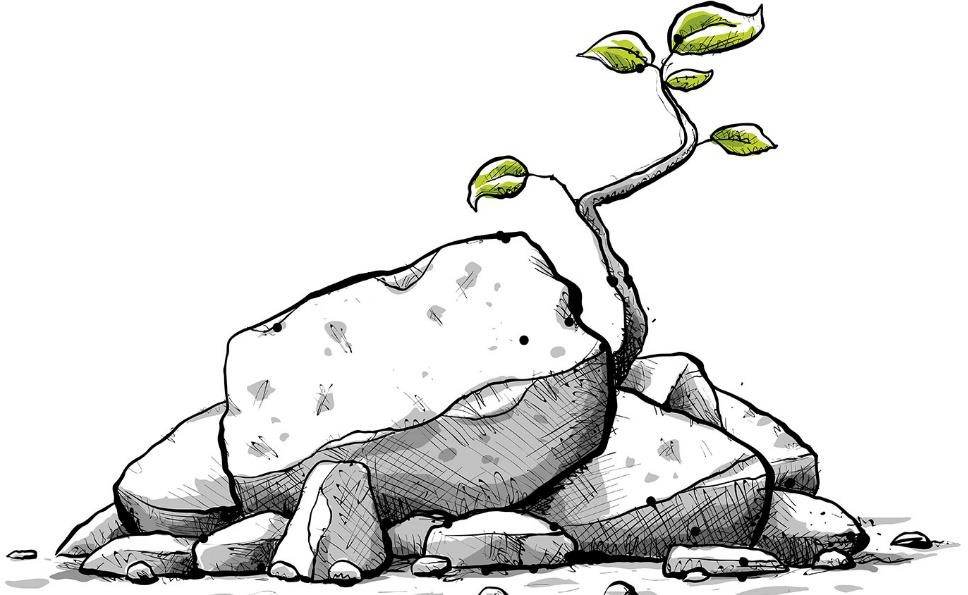.
![]()

.
In markedly traumatic situations, extreme deprivation, serious threat or significant stress, some people manage to resist or fully recover, this is resilience: the ability to recover from extreme traumatic situations.
.
 Nowadays its emphasized the relevance of articulating resilience in health work, whether focused on people, social groups or institutions, as an emphasis to enhance health, well-being and quality of life. To achieve this purpose, comprehensive and interdisciplinary work is required that tends to identify and enhance resources and strengths, autonomy and self-responsibility, unlike the traditional emphasis on health, focused on dysfunctionality and pathology.
Nowadays its emphasized the relevance of articulating resilience in health work, whether focused on people, social groups or institutions, as an emphasis to enhance health, well-being and quality of life. To achieve this purpose, comprehensive and interdisciplinary work is required that tends to identify and enhance resources and strengths, autonomy and self-responsibility, unlike the traditional emphasis on health, focused on dysfunctionality and pathology.
.
It is a positive and optimistic view of human development, in which emotional, cognitive, interactional and social aspects intervene. Perspective that has the support of WHO. Resilience strengthens an active and leading position of all agents for the resolution of situations that affect the well-being and development of individuals and communities.
.
Its not a static quality but a dynamic one, nor is it innate since it can be encouraged and strengthened, with the purpose of contributing to coping with existence from an active, optimistic and enthusiastic vision, which generates empowerment and agency capacity. As a conclusion, its complexity and multifactorial condition are established, which implies conditions at a personal, family and social level.
.
The concept of resilience leads to assume a complex, ecosystemic, comprehensive and contextual view of the human phenomenon, as well as highlighting the active and leading role of the person in their development process.
.
References:
Lúz Páez Cala, Profesor Asociado, Programa de Psicología, Universidad de Manizales. https://revistasum.umanizales.edu.co/ojs/index.php/archivosmedicina/index.
.

